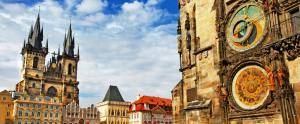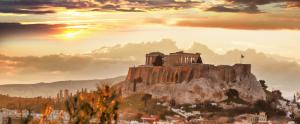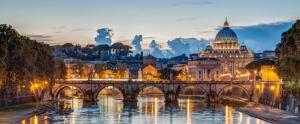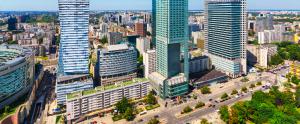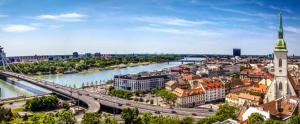You are here Home » Trips a-la-carte » Destinations » Spain » History
Spain - History
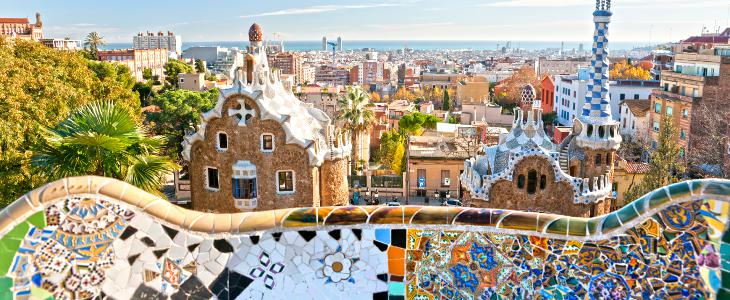
Around 1100 BC, Phoenicians set up trading colonies along the Spanish coast. Greeks also traded along the north-eastern coast. With the fall of Phoenicia, the Iberian Peninsula came under the rule of Carthage, but was then occupied by Rome following the Punic Wars. The Romans ruled in Iberia for six centuries.
After the Roman Empire fell, the Suevi, Vandals and Alans came to Spain but were defeated by the Visigoths who, by the end of the 6th century, had occupied most of the Peninsula. The Arabs entered from the south at the beginning of the 8th Century. They conquered the country quickly except for a small area in the North which would become the initial springboard for the Reconquest, not to come until eight centuries later. The period of Muslim sway is divided into three periods: the Emirate (711 to 756), the Caliphate (756-1031) and the Reinos de Taifas (1031 to 1492).
In 1469 Isabella of Castile and Ferdinand of Aragon prepared the way for the two kingdoms to be united. This union marked the opening of a period of growing success for Spain.
1492 was discovered America by the Crown of Castile under the command of Christopher Columbus. Then the Canary Islands became part of Spanish territory (1495), the Kingdom of Naples was taken from France and Navarre was incorporated into the Kingdom.
During the 16th and the 17th, witnessed the Spanish Empire become the world's foremost power, and a huge presence in European politics. In 1808 Joseph Bonaparte was installed on the Spanish throne, following the Napoleonic invasion. A fierce resistance followed and Spanish rule was restored with Fernando VII occupying the throne.The Spanish overseas empire finally dissolved in 1898 when, after a brief war with the United States, Spain lost Cuba, Puerto Rico and the Philippines.
During elections in 1931, it became clear that the people no longer wanted the monarchy ruling over them. In all the large towns of Spain the candidates of Spain who supported the monarchy were defeated heavily. Great crowds gathered in Madrid and the Kings most trusted friends advised him to leave. He did so and the Republic was established on April 14th .
During the five-year lifetime of the Republic, it was ridden with all kind of political, economic and social conflicts, which split opinion into two irreconcilable sides: those who still supported a republic and those who did not. The climate of violence grew and on July 18th 1936 there was a military rising which turned into a tragic civil war not ending until three years later.
On October 1st 1936 General Franco took over as Head of State.The Spanish State embarked on a period of forty years' dictatorship. The early years of the Franco dictatorship were years of economic privation and sharp political repression. Franco died in 1975, bringing to an end a period of Spanish history and opening the way to the restoration of the monarchy with the rise to the throne of Juan Carlos I. Once in power, the young King pushed for change to a western-style democracy. Adolfo Suarez, the prime minister of the second Monarchy Government carried out the transition to democracy which, culminating in the first democratic parliamentary elections in 41 years, on June 15th, 1977.
The years since democracy returned to Spain have been years of rapid change, politically, economically and socially. In 1982, Spain became a member of NATO, the North Atlantic Treaty Organization. In 1995, Spain joined the European Union. Spain's economy has grown at a rapid pace, and now has reached near parity with the northern European industrialized democracies. Socially, Spain also has moved toward the European mean, with the younger generation more urban and more cosmopolitan than generations before.
On March 11, 2004, Spain became the victim of a massive terrorist attack when Islamic extremists exploded a series of bombs on trains in the crowded Atocha train station in central Madrid. Nearly 300 died, and hundreds more were injured. In an election a few days later, voters angry at a lack of transparency in the government's handling of the attack lead to a surprise victory for the Socialists and their regional allies after eight years of right wing Partido Popular rule.

